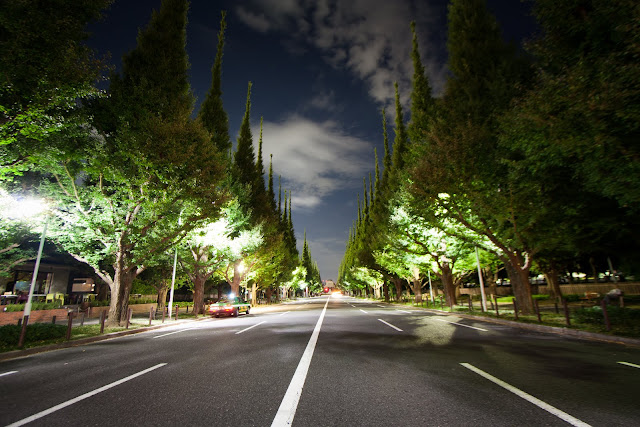You always hear that LED lights, or light-emitting diodes,
are an eco-friendly option next to traditional incandescent bulbs, but are they
really? The truth is that traditional incandescent lights waste 90% of the
energy that they consume on heat alone. Other ‘energy-efficient’ options, such
as halogen incandescent and compact fluorescent bulbs produce light that flows
in all directions, wasting light and heat. In this article, we will prove to you that LED lighting is in fact, eco-friendly.
The Technology of LED
LEDs are constantly improving their technology that uses
energy more efficiently and saves energy in indirect ways as well. They not
only shine in one direction, but they produce hardly any heat, and last longer
than other types of lighting.
Energy Star
Energy Star is a program between the U.S. Department of Energy
and the U.S. Environmental Protection Agency. Their goal is to label LED lights
that meet energy-efficient guidelines set by both agencies, which guarantee these LEDs consume at least 75% less energy that an incandescent bulb, and last 15
times longer.
Saving With LED
LED lighting will have you saving some serious cash in
utilities. According to a 2011 study, an Energy Star-qualified LED bulb only costed
an average of $1 a year to operate, compared to the annual costs of an Energy
Star-qualified compact fluorescent bulb at $1.20, a halogen incandescent bulb
at $3.50 and a traditional incandescent bulb for $4.80. And not only is the
annual costs a selling point itself, but an LED’s lifespan ranges from 15 to 25
times longer than a traditional incandescent bulb, which means less trips to
the store for light bulbs.
Along with your short term savings, there is even a long
term benefit for switching to LED lighting: reducing electricity in the United
States. According to the Department of Energy, LEDs could cut the electricity
demand in America by 1/3, which has an estimated savings of $265 billion.


No comments:
Post a Comment